In 2023, ABUAD has intensified its commitment to minimizing energy wastage, a vital initiative spearheaded by the Directorate of Works and Services. This department has taken a systematic approach to energy management by conducting detailed quarterly energy audits and comprehensive energy profile assessments across all university buildings.
During these audits, the team meticulously examines various aspects of energy consumption, including the types of energy used, the duration of use, and specific patterns of energy usage throughout different times of the day. By analyzing data on a weekly basis, the director and his team have developed a nuanced understanding of how energy is consumed on campus.
To visualize this data effectively, they create a series of informative plots and charts that highlight energy usage trends over time. This analytical process allows them to pinpoint peak consumption periods, identifying specific times when the demand for energy is at its highest. With this information in hand, they can calculate the percentage of energy consumed during these peak periods in comparison to the off-peak periods, which typically represent times of lower energy demand.
This detailed analysis not only reveals the level of energy wastage taking place but also provides insights into the extent of the issue within the university’s energy management framework. Consequently, ABUAD can leverage this information to develop targeted strategies aimed at enhancing energy efficiency, raising awareness about responsible energy use, and implementing sustainable practices that will contribute to a more environmentally friendly campus.. Click here to see 2022 ABUAD Energy conservation and wastage management from January 2023 to December 2023
ABUAD-ENERGY-CONSERVATION-AND-WASTAGE-MANAGEMENT-2023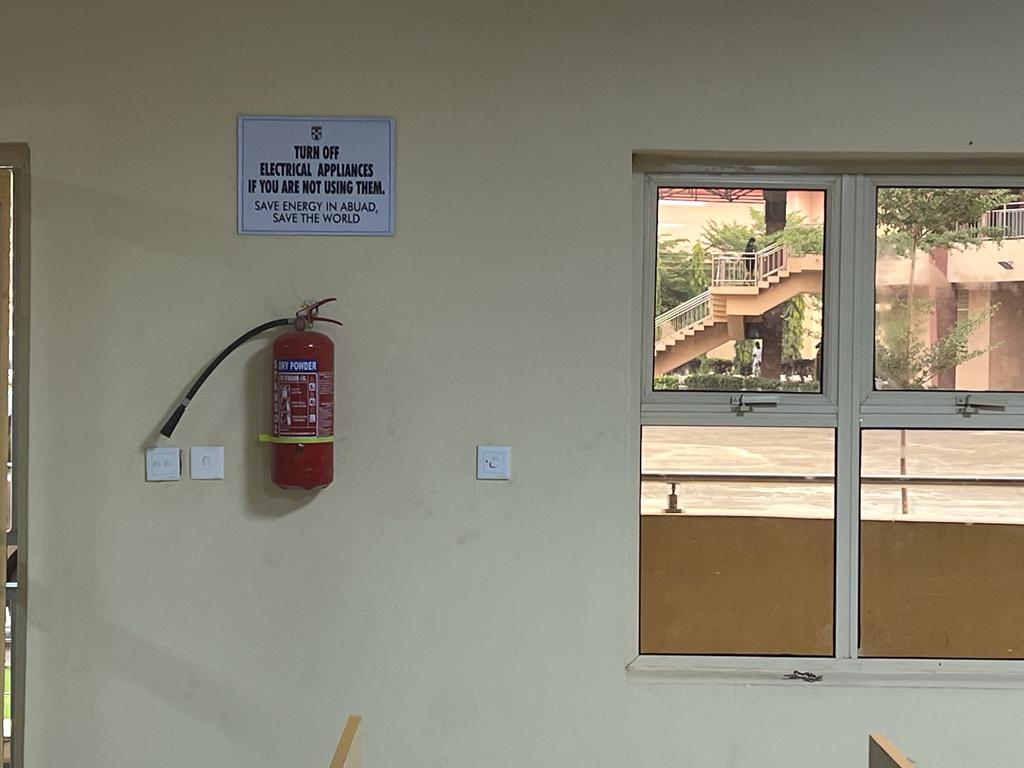
In 2023, ABUAD, In line with the 2023 Reviewed University Energy Conservation Policy and the 2022 Reviewed Energy and Utility Campus Master Plan, In 2023, ABUAD implemented a systematic approach to energy management by conducting comprehensive energy audits every quarter. These audits serve as a means to gather detailed data and assess the university’s energy consumption trends over the year. The primary goal of these audits is to ensure that energy usage aligns with the predetermined efficiency standards and to minimize any unnecessary waste of resources.
During each audit, a thorough evaluation of various facilities and equipment is carried out to pinpoint specific areas where energy conservation measures can be applied. This involves analyzing energy consumption patterns, identifying inefficient practices, and recommending improvements that could lead to significant savings. Through this diligent process, ABUAD aims to foster a culture of energy awareness and sustainability within the university community, ultimately contributing to its long-term environmental goals.
ABUAD-University-Energy-Conservation-Policy-Reviewed-2023-1
ABUAD-Energy-and-Utilities-Sustainability-Master-Plan-Reviewed-2023
In April 2022, and again in the second edition held in 2023, the Forest Management and Certification Programme served as a pivotal platform for environmental advocacy, featuring prominent figures such as Aare Afe Babalola SAN, the revered founder of Afe Babalola University (ABUAD), and His Excellency Dr. Kayode Fayemi, the then Governor of Ekiti State. During these events, both leaders delivered inspiring addresses that emphasized the urgent need for reforestation and tree planting as vital strategies to combat environmental degradation.
Aare Afe Babalola highlighted the integral role that trees play in maintaining ecological balance and reducing the harmful effects of carbon emissions and greenhouse gases. He urged local farmers and community members to become stewards of the land, emphasizing that their collective efforts in planting trees not only enhance the landscape but also contribute significantly to the fight against climate change.
Governor Fayemi echoed this sentiment, stressing the importance of community involvement in environmental conservation. He described the detrimental impacts that deforestation and neglect can have on biodiversity and soil health, thereby appealing to the audience’s sense of duty toward future generations.
Together, they aimed to foster a culture of ecological awareness and responsibility, encouraging everyone to take meaningful actions to preserve and protect the environment. Their campaign called on individuals and organizations alike to support reforestation projects, participate in tree-planting activities, and advocate for sustainable agricultural practices, all of which are essential steps toward a healthier and more sustainable ecosystem., Click here to continue reading….
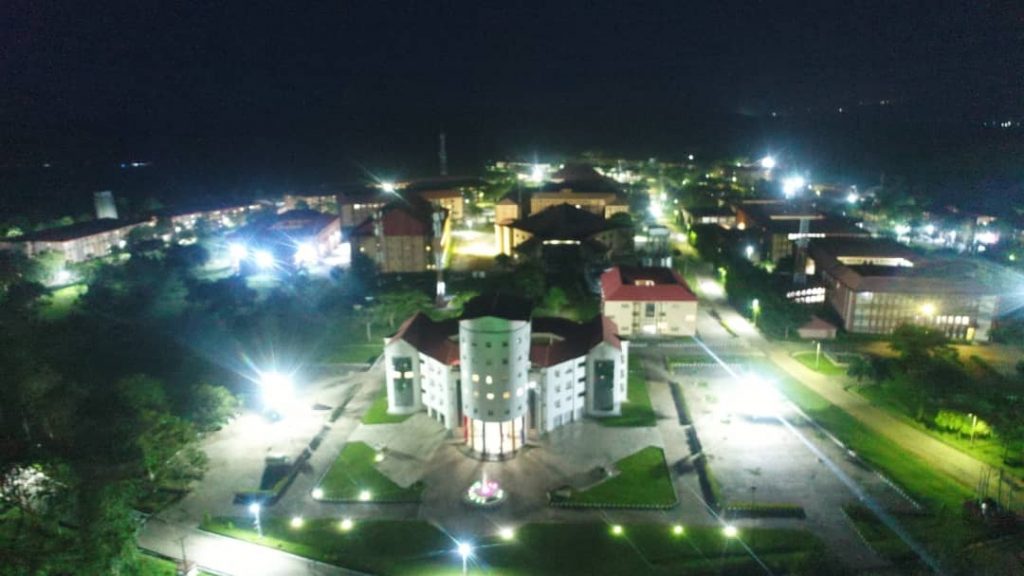

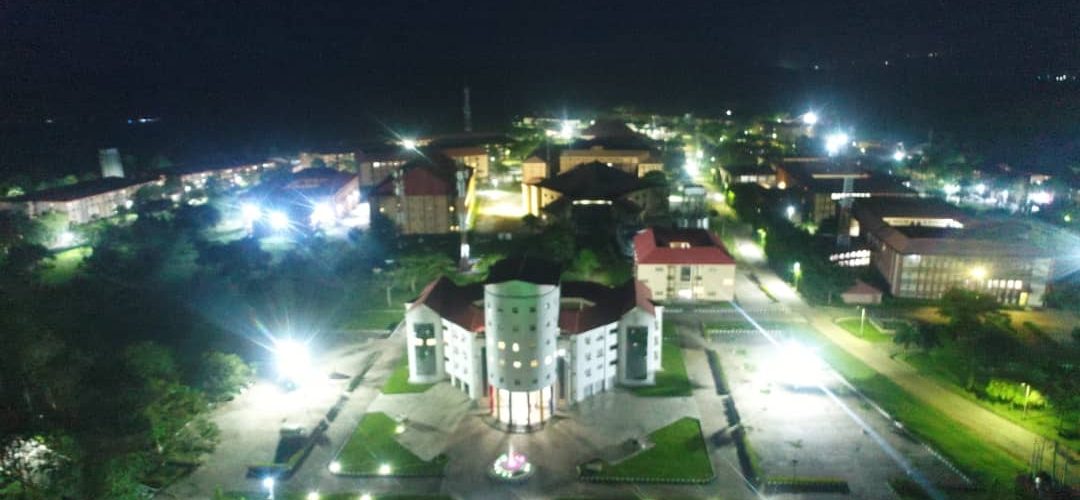

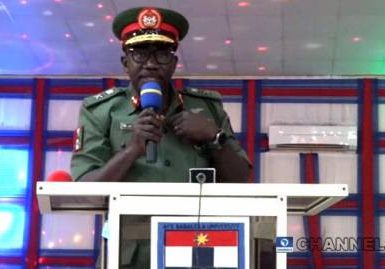

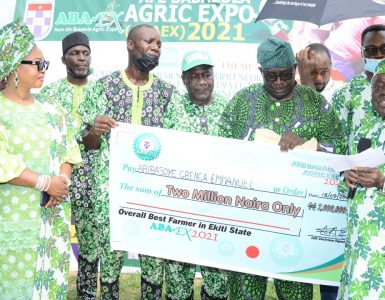











Add comment